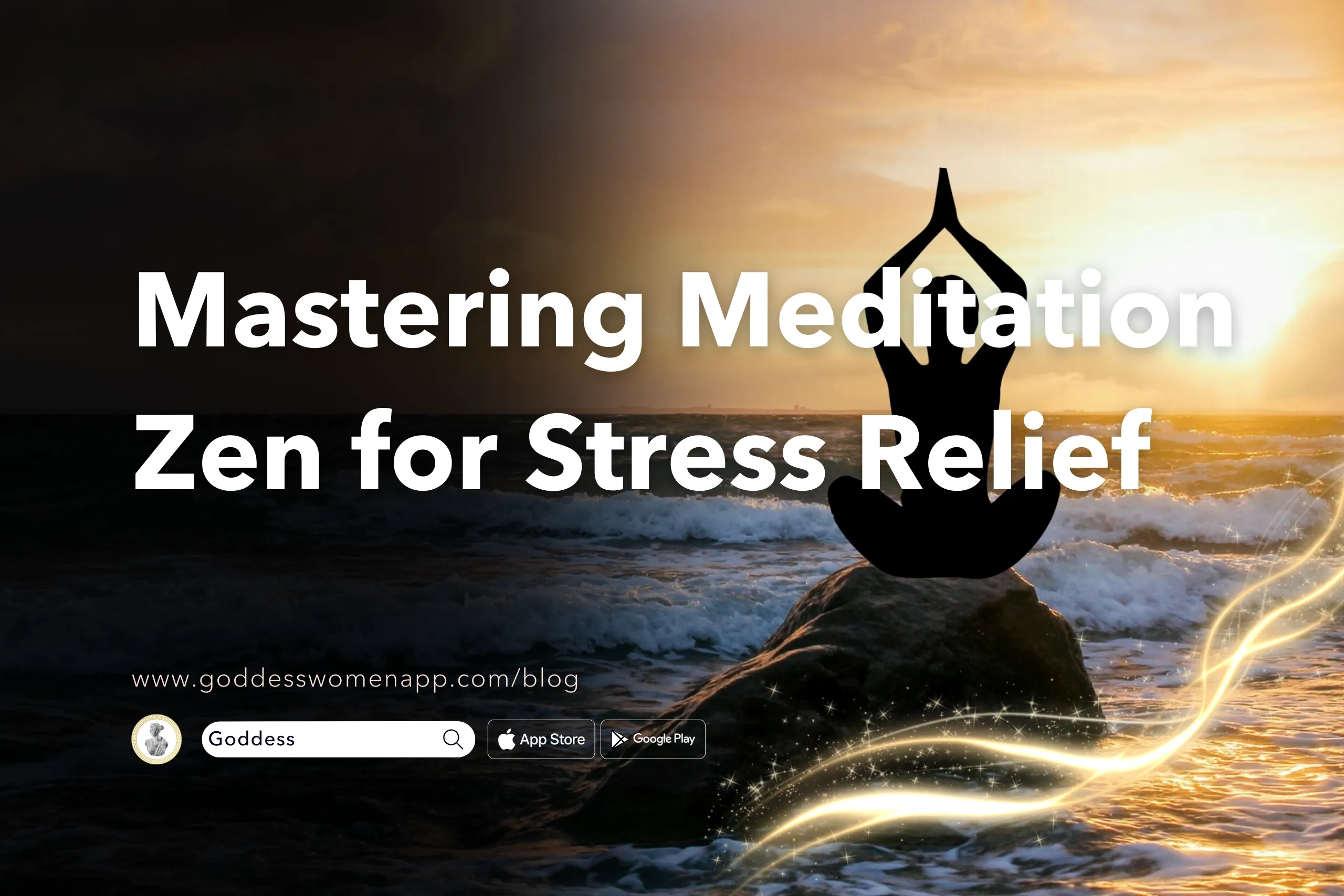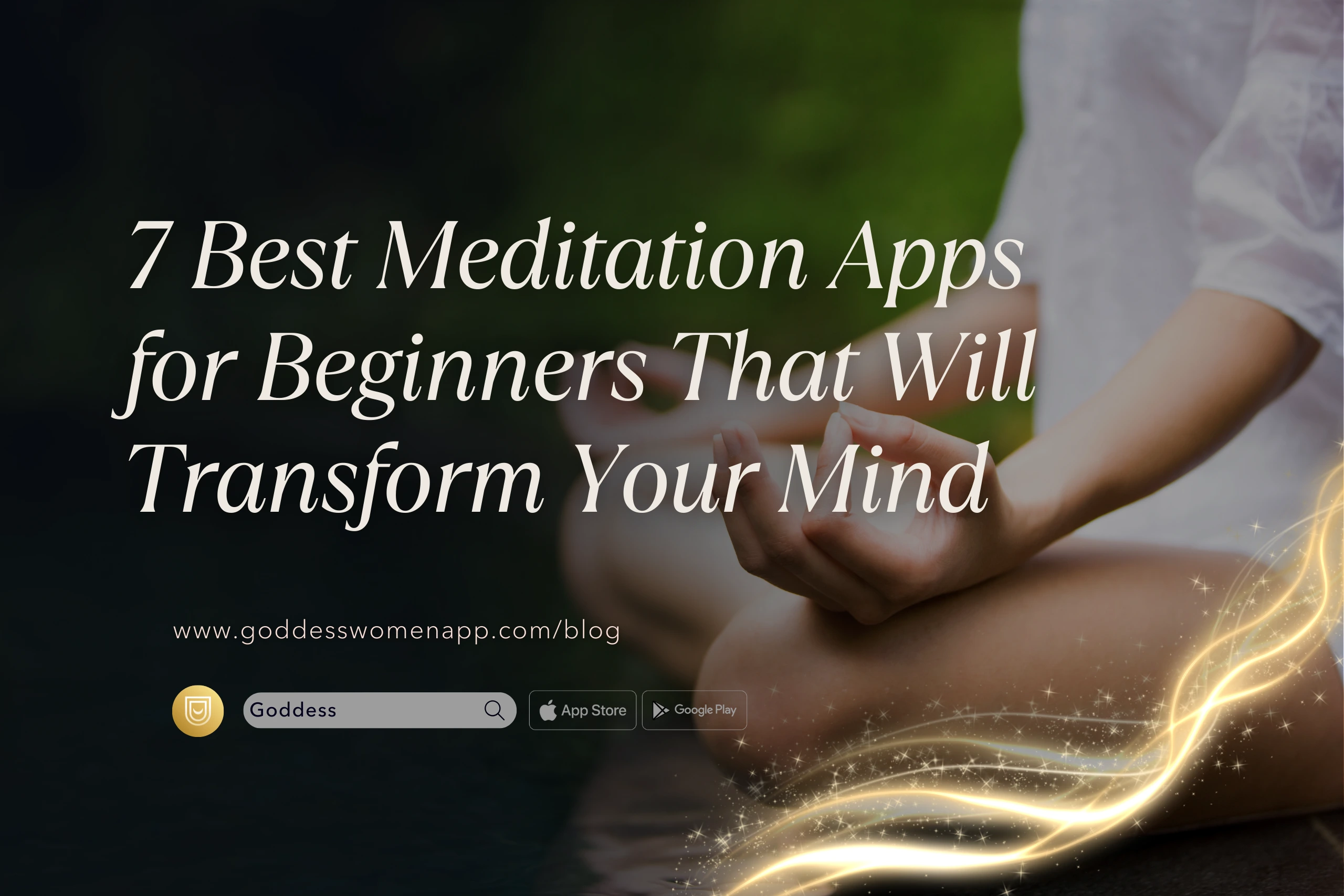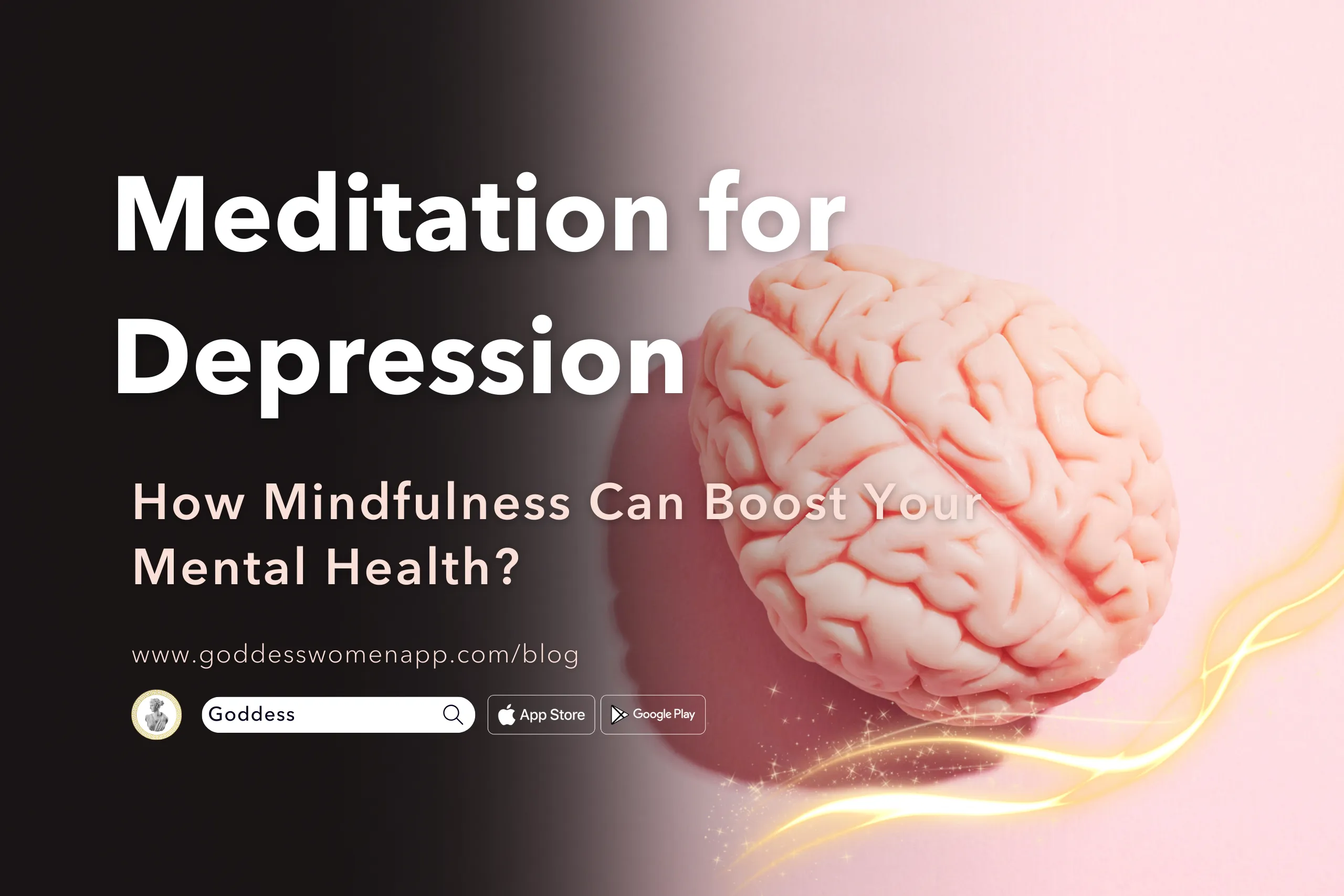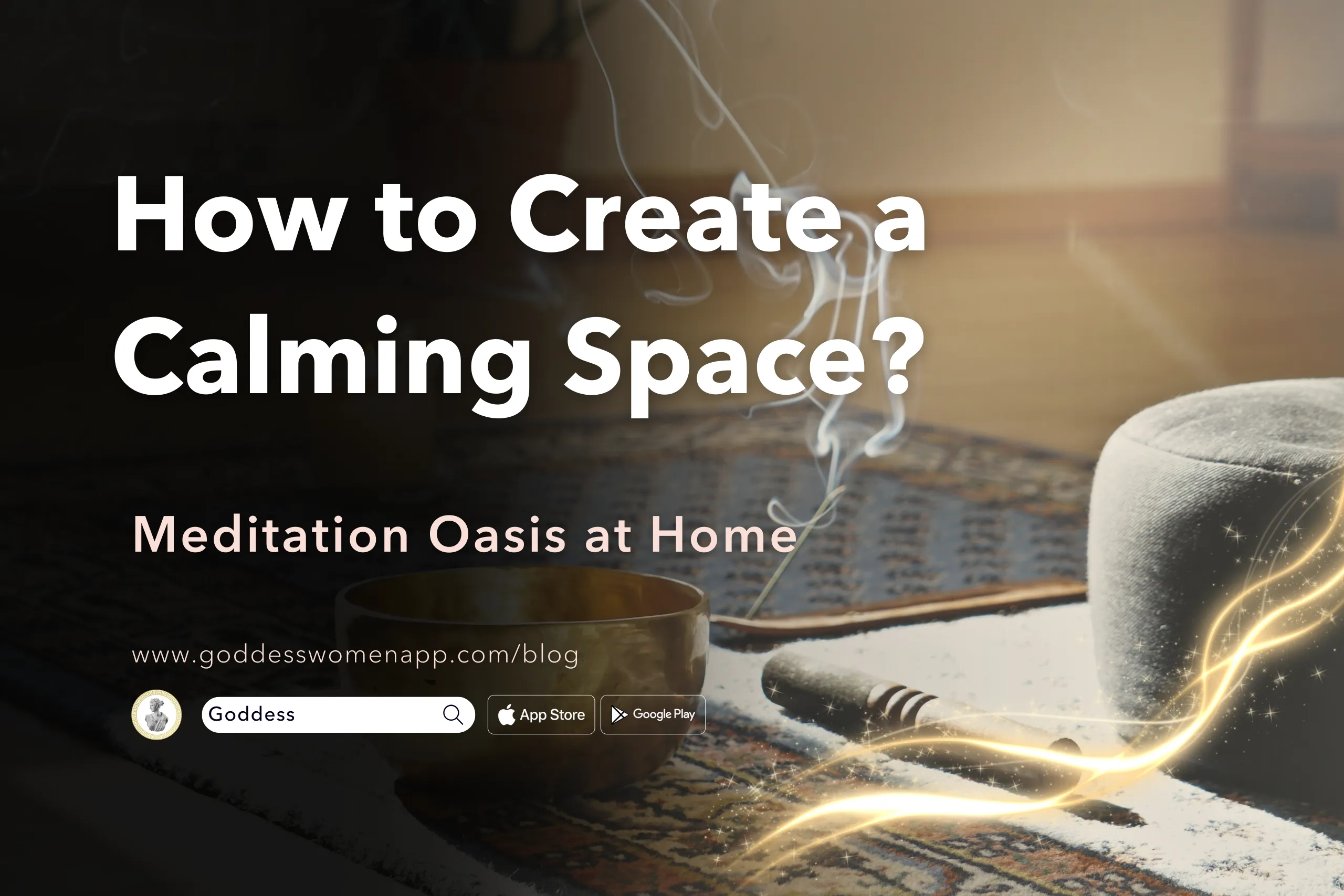Today’s fast-paced world, stress has become a nearly constant companion. From work pressures and personal commitments to the relentless demands of daily life, finding moments of tranquility can feel like a luxury. However, there is a time-tested practice that offers a path to inner peace and effective stress relief: meditation zen.
Meditation zen, rooted in ancient Eastern philosophies, provides a simple yet profound approach to managing stress and cultivating mental clarity. This blog will guide you through the essentials of meditation zen, explain how it helps alleviate stress, and offer practical advice on how to incorporate this practice into your daily routine. Whether you’re new to meditation or looking to deepen your practice, mastering meditation zen can be a transformative tool for enhancing your overall well-being.

1. Understanding Meditation Zen
What is Meditation Zen?
Meditation zen, or simply zen meditation, is a form of meditation that originated from Zen Buddhism, a school of Mahayana Buddhism that emphasizes direct experience and mindfulness. Unlike other meditation practices that may focus on specific goals or outcomes, zen meditation centers on simply being present in the moment, embracing stillness, and observing one’s thoughts and sensations without attachment.
Zen meditation typically involves sitting in a specific posture and focusing on the breath or a particular object. The practice encourages a deep sense of relaxation and self-awareness, leading to greater mental clarity and emotional stability.
Zen Philosophy
Zen philosophy is rooted in several key principles that underpin the practice of meditation zen:
- Mindfulness: Being fully present in the moment and observing one’s thoughts and feelings without judgment.
- Simplicity: Embracing a minimalist approach, both in meditation and in daily life, to reduce distractions and focus on what truly matters.
- Non-Attachment: Letting go of attachments to specific outcomes or desires, and simply experiencing the present moment as it is.
By incorporating these principles into your meditation practice, you can foster a deeper sense of inner peace and resilience in the face of stress.

Benefits of Meditation Zen
Meditation zen offers a range of benefits that can help alleviate stress and improve overall well-being:
- Stress Reduction: Regular practice of meditation zen can lower cortisol levels, the hormone associated with stress, leading to a calmer and more balanced state of mind.
- Improved Focus and Concentration: Meditation zen enhances your ability to concentrate and stay focused on tasks, reducing the mental clutter that often accompanies stress.
- Emotional Balance: By fostering a non-reactive awareness of your thoughts and emotions, meditation zen helps you manage and regulate your emotional responses, leading to greater emotional stability.
- Enhanced Self-Awareness: The practice encourages introspection and self-discovery, allowing you to gain deeper insights into your thoughts, behaviors, and stress triggers.

2. The Science of Stress and How Meditation Zen Helps
The Stress Response
Stress activates the body’s “fight or flight” response, triggering a cascade of physiological changes, including increased heart rate, elevated blood pressure, and heightened levels of stress hormones such as cortisol and adrenaline. This response, while useful in short bursts, can become detrimental when activated chronically, leading to negative health outcomes such as anxiety, depression, and cardiovascular issues.
How Meditation Zen Alleviates Stress
Meditation zen helps counteract the stress response by promoting relaxation and activating the body’s parasympathetic nervous system, which is responsible for the “rest and digest” functions. This leads to a decrease in cortisol levels and a reduction in the physical and mental symptoms of stress.
- Brain Changes: Research has shown that meditation zen can lead to structural changes in the brain, including increased grey matter density in areas associated with emotional regulation and decreased activity in the amygdala, the brain’s stress center.
- Mindfulness and Stress Reduction: Mindfulness, a core component of zen meditation, helps individuals become more aware of their thoughts and feelings, allowing them to respond to stressors in a more measured and less reactive manner.
- Relaxation Response: The practice of meditation zen activates the relaxation response, which counteracts the stress response and promotes a state of calm and relaxation.
Scientific Studies
Several studies have explored the effectiveness of meditation zen for stress relief. For example:
- A study published in JAMA Internal Medicine found that mindfulness meditation, including zen meditation, significantly reduced symptoms of anxiety, depression, and pain in participants.
- Research from Harvard University demonstrated that mindfulness meditation can lead to changes in brain regions associated with stress and emotional regulation, providing further evidence of its effectiveness in managing stress.

3. Getting Started with Meditation Zen
Preparing for Zen Meditation
To get the most out of your meditation zen practice, it’s important to create an environment that supports relaxation and focus. Here are some tips for preparing:
- Find a Quiet Space: Choose a calm, quiet place where you won’t be disturbed. This could be a dedicated meditation room, a quiet corner of your home, or even a peaceful outdoor setting.
- Choose a Comfortable Seat: Sit in a comfortable position that allows you to maintain an upright posture. You can sit on a cushion, a chair, or the floor, as long as you feel stable and relaxed.
- Set the Mood: Consider using soft lighting, calming music, or essential oils to create a soothing atmosphere.
Basic Zen Meditation Techniques
Here are some foundational techniques to get you started with meditation zen:
- Zazen (Seated Meditation): Zazen is the core practice of zen meditation. To practice zazen, sit with your back straight, hands resting on your lap, and eyes half-closed. Focus your attention on your breath, observing the natural inhalation and exhalation. Allow thoughts to come and go without getting caught up in them.
- Mindful Breathing: This technique involves paying close attention to your breath. Inhale deeply through your nose, filling your lungs with air, and then exhale slowly through your mouth. Focus your awareness on the sensation of your breath entering and leaving your body.
- Body Scan: Begin by sitting comfortably and closing your eyes. Gradually shift your attention through different parts of your body, from your toes to your head. Notice any areas of tension or discomfort, and consciously relax those areas with each exhale.

Step-by-Step Guide
Here’s a simple, beginner-friendly meditation zen routine:
- Find Your Space: Sit comfortably in a quiet space with your back straight and your hands resting on your lap.
- Close Your Eyes: Gently close your eyes and take a deep breath in through your nose.
- Focus on Your Breath: Exhale slowly through your mouth, letting go of any tension. Continue to breathe deeply and steadily, focusing your attention on the breath.
- Body Awareness: As you breathe, pay attention to how your body feels. Notice any areas of tension and try to relax them with each exhale.
- Embrace Stillness: Allow yourself to be fully present in the moment. If your mind starts to wander, gently bring your focus back to your breath.
- End Gently: After your meditation, slowly open your eyes and take a moment to notice how you feel before returning to your daily activities.

4. Incorporating Meditation Zen into Your Daily Routine
Finding Time
Integrating meditation zen into your daily routine doesn’t have to be time-consuming. Here are some tips for finding time:
- Schedule a Regular Practice: Set aside specific times each day for meditation, such as in the morning before starting your day or in the evening before bed.
- Start Small: Begin with just a few minutes of meditation each day and gradually increase the duration as you become more comfortable with the practice.
- Utilize Breaks: Use short breaks during your day to practice meditation zen, such as during a lunch break or while waiting for an appointment.
Creating a Ritual
Making meditation zen a regular part of your routine can help establish a consistent practice. Here’s how:
- Use Reminders: Set alarms or notifications on your phone to remind you to meditate.
- Create a Personal Space: Designate a specific area for meditation in your home where you can relax and focus.
- Establish a Routine: Develop a meditation ritual that works for you, such as lighting a candle, using a specific cushion, or incorporating calming music.
Combining with Other Practices
You can enhance the benefits of meditation zen by combining it with other stress-relief practices:
- Yoga: Incorporate yoga into your routine to complement your meditation practice and improve physical flexibility and relaxation.
- Journaling: Use journaling to reflect on your meditation experiences and track your progress.
- Nature Walks: Combine meditation with nature walks to deepen your sense of calm and connection with the natural world.

5. Overcoming Common Challenges
Dealing with Distractions
Distractions are a common challenge during meditation. Here’s how to manage them:
- Minimize External Distractions: Turn off notifications on your phone and ensure your meditation space is free from interruptions.
- Address Internal Distractions: If you find your mind wandering, gently bring your focus back to your breath or chosen meditation object. It’s normal for thoughts to arise—simply observe them without judgment.
Maintaining Consistency
Staying motivated to meditate regularly can be challenging. Try these tips:
- Set Realistic Goals: Start with short meditation sessions and gradually increase the duration as you become more comfortable.
- Track Your Progress: Keep a meditation journal to record your experiences and observe the benefits over time.
- Join a Community: Participate in meditation groups or online forums to stay connected with others who share your interest in zen meditation.
Handling Difficult Emotions
Meditation zen may bring up challenging emotions or thoughts. Here’s how to navigate them:
- Acknowledge Emotions: Recognize and accept any difficult emotions that arise during meditation without trying to suppress or avoid them.
- Practice Compassion: Approach yourself with kindness and compassion as you work through challenging emotions. Remember that meditation is a practice, and it’s okay to experience ups and downs.

6. Conclusion
Meditation zen offers a powerful and accessible way to manage stress and cultivate inner peace. By embracing the principles of mindfulness, simplicity, and non-attachment, you can develop a deeper sense of calm and resilience in the face of life’s challenges. As you embark on your journey to master meditation zen, remember that consistency and patience are key. Start with small steps, and gradually build a practice that enhances your overall well-being.
We encourage you to give meditation zen a try and experience its transformative effects for yourself. Share your experiences and insights with others, and explore additional resources to deepen your practice. With dedication and mindfulness, meditation zen can become a valuable tool for stress relief and personal growth.
Read more:




